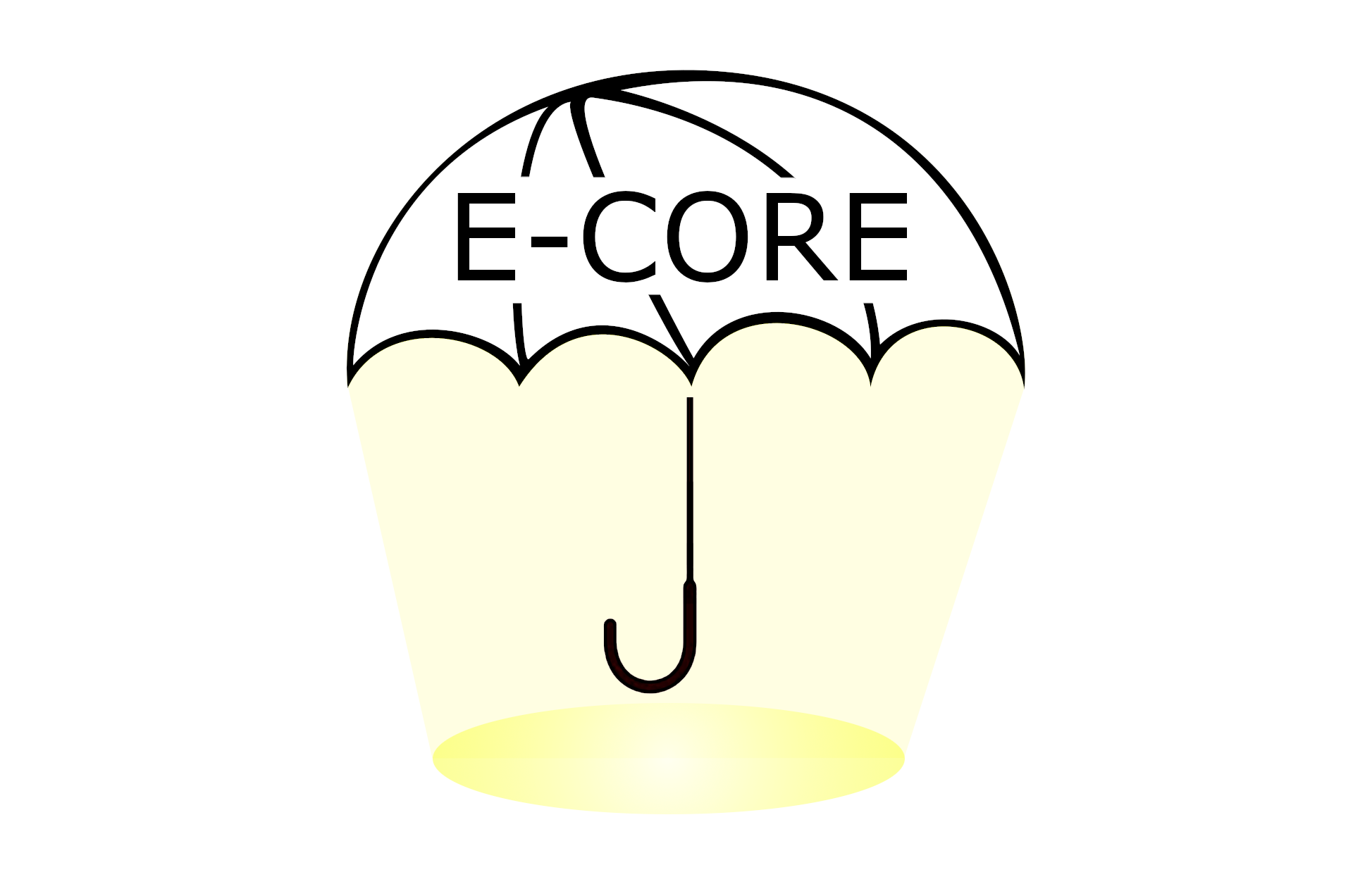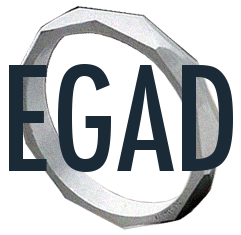

In March of 2020, the Covid-19 Pandemic presented engineering programs in Canada with the daunting challenge of shifting abruptly to remote delivery of course materials in the middle of the winter term. Individual instructors were supported in completing their courses in whatever way was possible given that both students and faculty members were in the process of relocating unexpectedly and dealing with changing life obligations under a national lock down.
It is clear that we must prepare for the possibility of future remote delivery scenarios, most immediately for the Fall of 2020. Shifting the engineering curriculum to be prepared for a variety of possible scenarios, including fully remote delivery is a daunting challenge. To do so in only a few months, while maintaining the standards defined by the Canadian Engineering Accreditation Board, will require a national collaborative effort.
In recognition of this, Engineering Deans of Canada (EDC, formerly NCDEAS) supported the Canadian Engineering Education Association (CEEA) in developing the E-CORE Initiative (Engineering Collaboration for Online and Remote Education) . Engineering faculty from a variety of national groups and institutions are being asked to come together to provide supports for the engineering education community that compliment what is being offered by individual universities. E-CORE differs from other engineering education initiatives in that it is an urgent response to a crisis situation, that requires a dynamic and flexible approach. An initial offering of supports is being assembled to be available on-line as quickly as possible on a web hub which will be updated and evolve as the response to feedback, which will be actively sought.
The initial web hub will focus on three key areas that have been identified consistently as being high priority:

